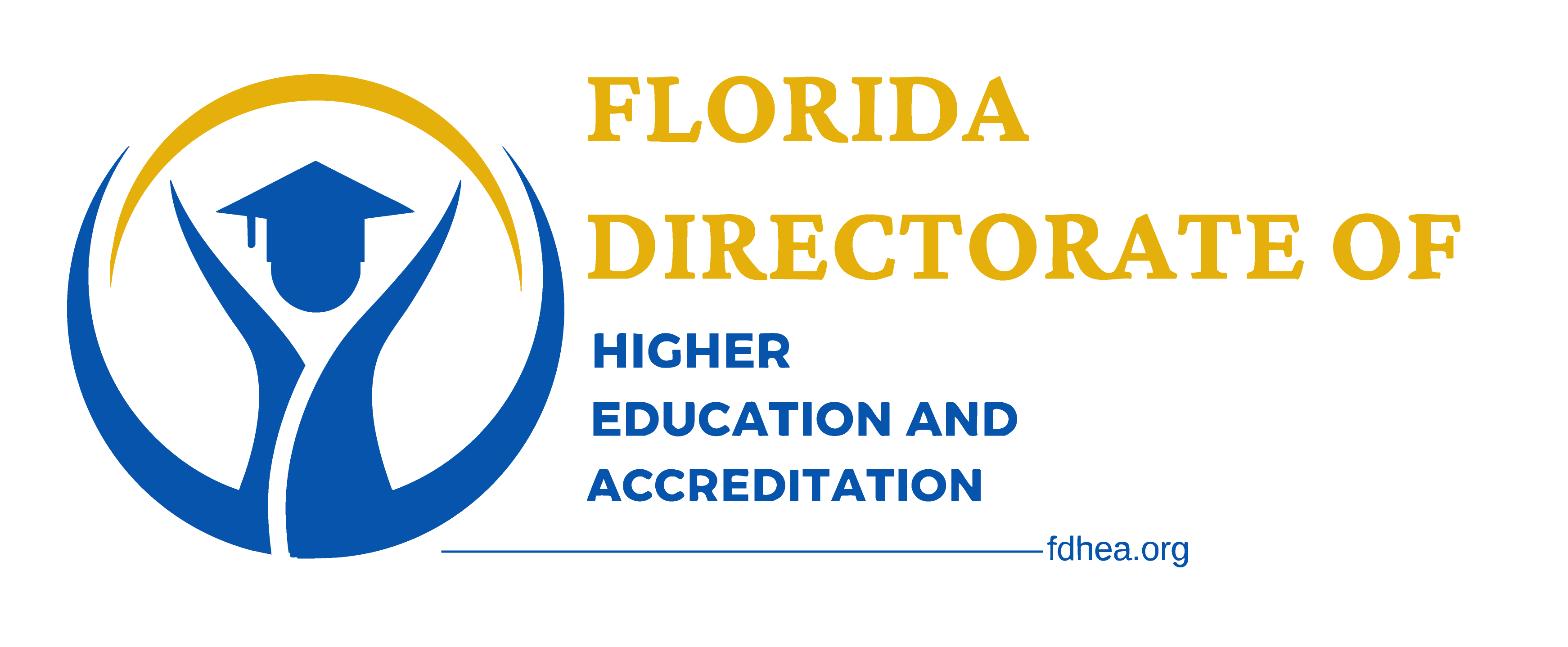Higher Education Policies and Regulations
- Home
- Higher Education Policies and Regulations

Higher Education Laws in Florida and the U.S.
Florida Laws:
- Florida Statutes Chapter 1000-1013: Governs public education, including universities and community colleges.
- Florida College System: Regulated by the Board of Governors, includes state colleges and community colleges.
- Bright Futures Scholarship: A state scholarship program for eligible Florida students.
Federal Laws:
- Higher Education Act of 1965 (HEA): Governs funding, financial aid, and accreditation.
- Title IX: Prohibits sex discrimination in education.
- FERPA: Protects the privacy of student records.
- Every Student Succeeds Act (ESSA): Affects both K-12 and higher education standards.
Conditions to Be Met for Universities
Accreditation:
Universities must obtain accreditation from recognized accrediting bodies to ensure the quality of education they provide.
Curriculum Standards:
Universities must offer a well-defined and accredited curriculum that meets academic and industry standards.
Qualified Faculty:
Institutions must employ faculty with relevant qualifications, typically requiring advanced degrees and professional experience in their fields.
Facilities and Resources:
Universities must provide adequate facilities such as libraries, laboratories, and technological resources to support student learning.
Student Support Services:
Universities must offer various student services, including counseling, academic advising, and career services to ensure students’ success.
Financial Stability:
Institutions must maintain financial health, ensuring they can support their operations, faculty salaries, and student services.
Compliance with Laws:
Universities must comply with federal, state, and local laws, including non-discrimination policies, data privacy laws, and equal access regulations.


Higher Education Funding and Scholarship Opportunities
Government Funding:
Many universities receive funding from federal, state, and local governments. This funding can cover research grants, operational costs, and student financial aid.
Student Loans:
Federal and private student loans provide students with funds to cover tuition and living expenses. These loans often come with various repayment plans and interest rates.
Scholarships:
Universities, organizations, and governments offer scholarships based on academic merit, financial need, athletic skills, or other criteria. Scholarships are often awarded to help cover tuition fees and other educational expenses.
Grants:
Grants are similar to scholarships but are typically need-based and do not require repayment. Federal and state governments, as well as private organizations, offer these funds to support students’ education.
Work-Study Programs:
Many universities offer work-study programs, allowing students to earn money through part-time jobs while studying. These jobs are often related to the student’s field of study.
Endowments:
Some universities have large endowments that provide additional funding for scholarships, research, and infrastructure development.
Guide for International Students
Visa and Immigration:
International students need the proper visa (F-1 or J-1) and must meet immigration requirements, including proof of financial support.
Admission Requirements:
Additional documents may be required, such as proof of English proficiency (TOEFL/IELTS), academic transcripts, and recommendation letters.
Financial Planning:
Students should plan for tuition, living costs, and explore scholarships, grants, and loans available for international students.
Cultural Adjustment:
Be prepared for cultural differences and consider attending orientation programs and seeking support from student organizations.
Health Insurance:
Many universities require health insurance for international students, either provided by the university or privately purchased.
Work Opportunities:
Restrictions may apply. F-1 students can work part-time on-campus and may be eligible for post-graduation practical training.
Support Services:
Universities offer support such as language assistance, career services, and counseling for international students.


